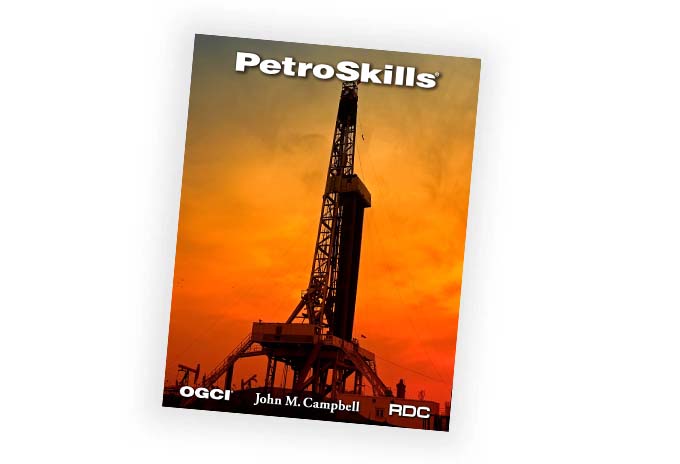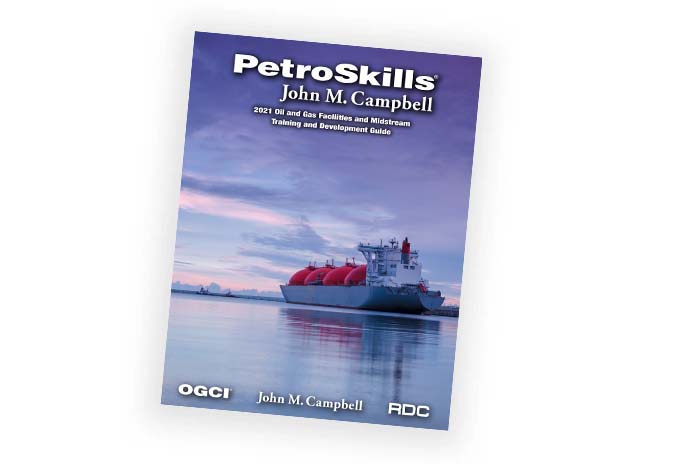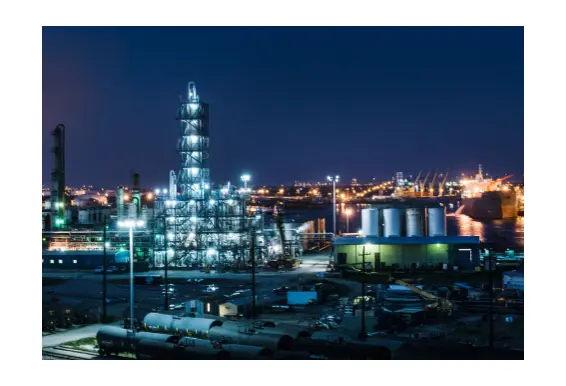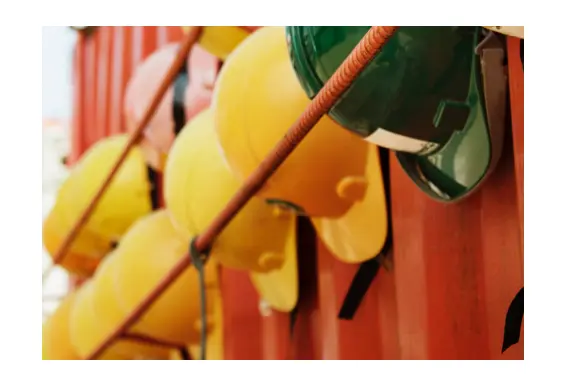Petroleum Systems Analysis - PSA
About the Course
The Petroleum System is a volume creation machine driven by heat and gravity. This course addresses the fundamentals of the Petroleum System, a holistic view of how it works, which is essential for geoscientists and engineers involved in today's challenging conventional and unconventional exploration and development projects. The elements of the Petroleum System Charge, Trap, and Reservoir, are described systematically within the framework of play and prospect evaluation.
The charge element begins with the deposition of the source rock and the establishment of its volumetric potential, or feedstock, for the system. Charge access involves converting this potential to expelled volumes, making, and then moving, the volumes from source bed to trap/reservoir. In the case of some unconventional reservoirs, this is within or adjacent to the source bed itself. A trap receives charge and petroleum columns build along its edges, until the container limit of the critical weak point is reached, or it spills. Reservoir rock storage and deliverability are modified by mechanical and chemical compaction, and fluid properties, fundamentally affecting project economics. Fluid properties further impact economics via the product value itself.
This 5-day class uses new purpose-designed materials, most previously unpublished, and draws on a global database and familiarity with many different styles of producing basin, play, and accumulation. About a third of the classroom time employs quick quiz and purpose-designed interactive individual and group exercises. The regular class offering covers both conventional and unconventional fundamentals, but upon request, can be focused on one or the other.
"I most enjoyed learning about source rock potential and doing the course exercises." - Geologist, Thailand
"The course was very good!" - Participant
Target Audience
Geologists, geophysicists, and petrophysicists working on basin, play, prospect or reservoir evaluation, and reservoir engineers seeking a bottom up understanding of the genesis of their reservoir, or field. The course provides a refresher in new concepts in this field for geoscientists at a fundamental level.You Will Learn
Participants will learn how to:
- Employ Petroleum System concepts as a holistic approach to risk and volume estimation in play, prospect and reservoir evaluation
- Predict and confirm source rock distribution from rock and fluid data, and estimate volumetric potential
- Predict the temperature, timing, volumes, compositions and phases expelled from kitchens, and the controls exerted by hydrodynamics and capillarity on migration from source bed to trap/reservoir
- Describe a trap in terms of the critical weak points on its edges
- Estimate column heights containable by those edges
- Understand the Petroleum System controls on reservoir rock quality
- Understand reservoir and reservoir fluid properties that govern deliverability, well recovery, and economics (rate, product value)
Course Content
-
Petroleum Systems in E&P
The feedstock
-
Charge | Source Potential: source rock deposition
-
Charge | Source Potential: type and organofacies
Making
-
Charge | Access: temperature and thermal stress, thermal stress indicators and maturity
-
Charge | Access: petroleum generation, cracking and expulsion; petroleum product composition and phase
-
Charge | Access: oil and gas geochemistry (biomarkers, isotopes) as a function of organofacies, maturity and biodegradation
Moving
-
Charge | Access: basin thermics; thermal modeling; volume and timing of expelled products; fluid phase properties
-
Charge | Access: capillarity; pressure; primary and secondary migration from source to trap; charge vs. trap timing
Receiving
-
Trap | Container Geometry: understand trap geometries that govern accumulation; container type and number of edges
Containing
-
Trap | Column Capacity: fluid phase properties density and interfacial tension; rock capillarity; hydrodynamics; capillary vs. fracture leakage; column capacity prediction methods; tertiary migration/leakage and seepage
Storing
-
Reservoir | Storage: effective stress and mechanical compaction; thermal stress and chemical compaction; how reservoir filling controls fluid phase saturation; fluid formation volume factor and gas expansion factor; geochemical methods of estimating fluid phase saturation
Delivering
-
Reservoir | Deliverability: P, T and compositional controls on fluid viscosity; segmentation; reservoir pressures and connectivity
Value
-
Value: the $ value of the produced petroleum product itself
Product Details
Categories:
UpstreamDisciplines:
Geology Unconventional ResourcesLevels:
FoundationProduct Type:
CourseFormats Available:
In-ClassroomAdditional
Request a Public Session
If you are interested in a public session of this course, please click the button below to request it.
Request Public SessionIn-House Training
This course is also available upon request as a private, on-site seminar. Contact us for details and pricing.
Request In-House TrainingNeed Help
Contact us if you have additional questions about how to register for or attend this course.
Contact Us



